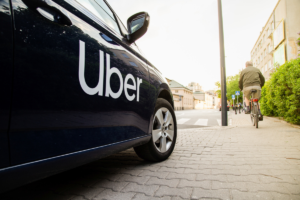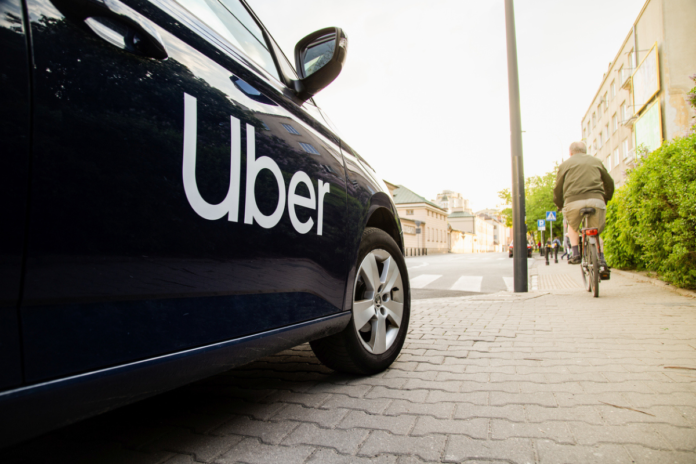Uber has been fined a massive €290 million by Dutch authorities for unlawfully transferring the personal data of European drivers to the United States. This action violated strict EU data protection laws.

The Dutch Data Protection Authority (DPA) imposed the fine after discovering that Uber had been transferring this data without implementing the necessary safeguards, which is a clear breach of the General Data Protection Regulation (GDPR).
This investigation began after a complaint from French taxi drivers, leading to the revelation of significant lapses in Uber’s handling of sensitive information. The French data protection regulator, CNIL, worked closely with the Dutch DPA during the investigation.
The DPA emphasized that not only did Uber transfer the data in question, but it also failed to adequately protect it, which is a serious violation of GDPR standards.
Despite Uber discontinuing the cross-border data transfers in question, the company strongly disagreed with the decision. Uber spokesperson Caspar Nixon described the fine as “extraordinary and unjustified.” He stated that Uber’s practices were in line with GDPR during a “period of immense uncertainty” between the EU and the U.S. regarding data protection agreements. Uber plans to challenge the ruling, confident that its appeal will overturn the fine.
The EU and U.S. are currently faced with issues over data protection standards, particularly regarding the transfer of personal data across borders. The EU’s GDPR, known for being one of the toughest data protection frameworks globally, requires companies to ensure that data transferred outside the EU is adequately protected. The DPA concluded that Uber had failed to meet this standard.
It’s important to note that Uber’s practices took place amidst a backdrop of uncertainty regarding data protection agreements between the EU and the U.S. This ruling underscores the vigilance of European authorities in enforcing strict data protection laws, particularly in light of concerning data transfer practices.
The fine imposed on Uber marks one of the largest penalties for breaching EU data protection laws, highlighting the significant consequences for companies found in violation. The outcome of Uber’s appeal could have implications for how such data protection regulations are interpreted and enforced in the future.




